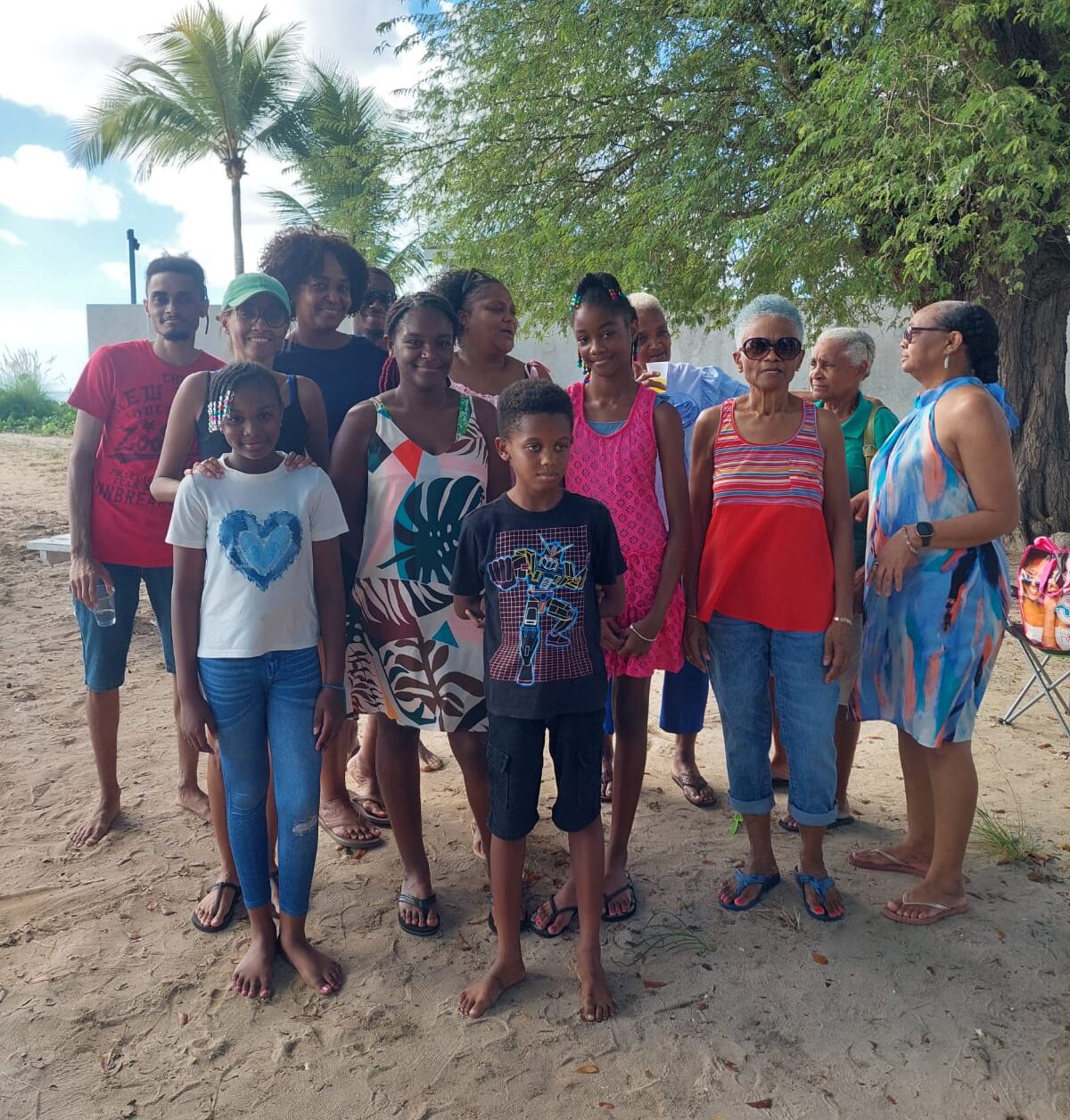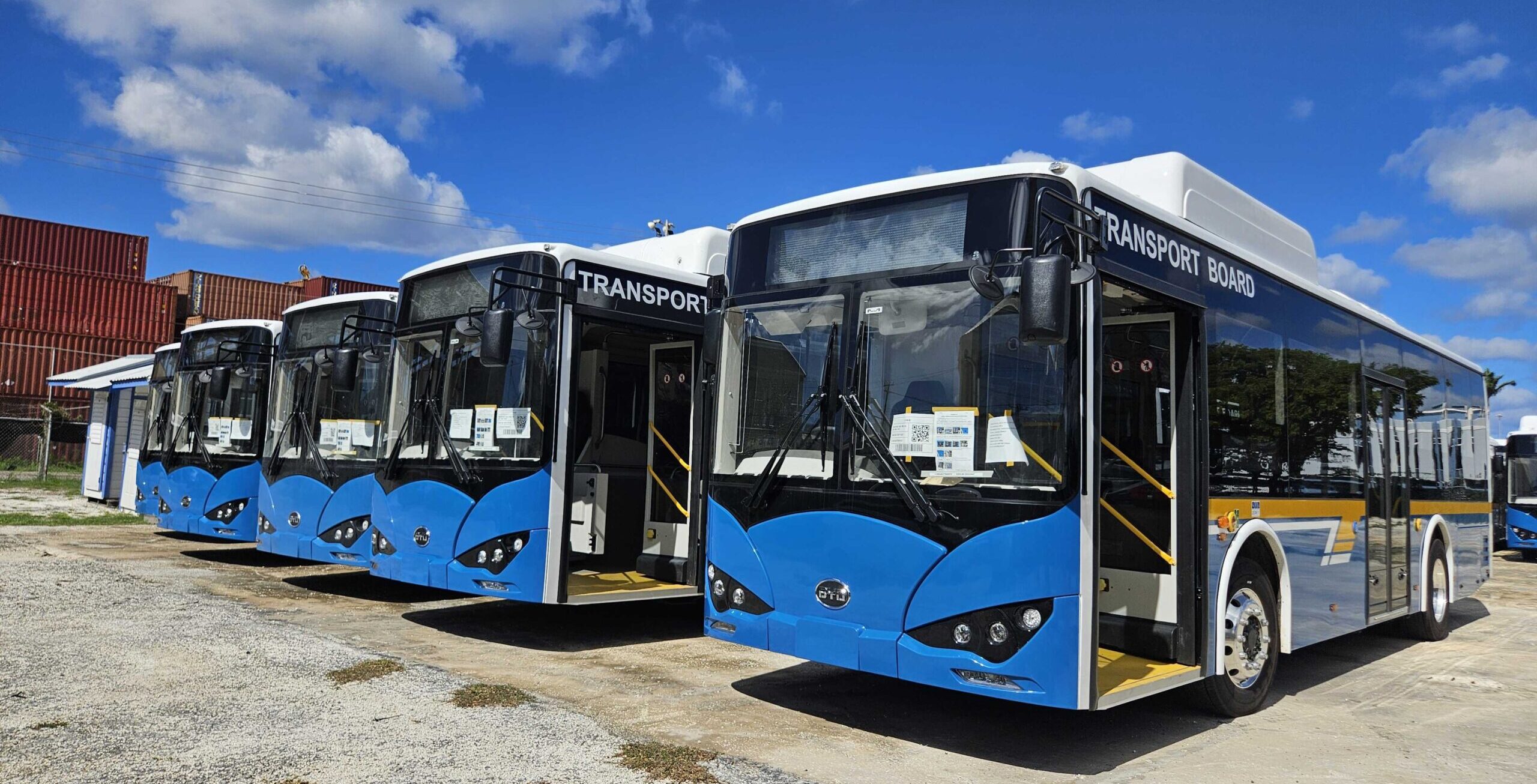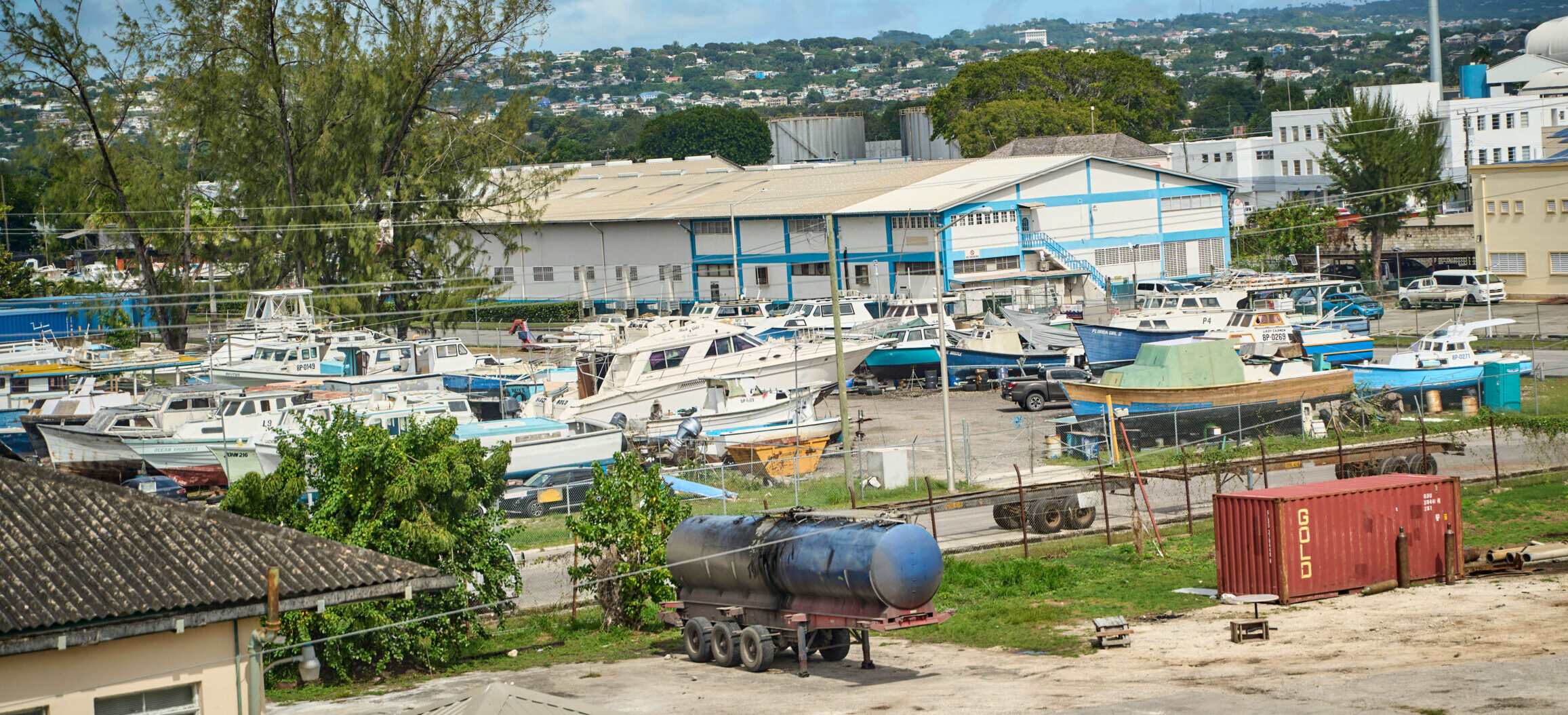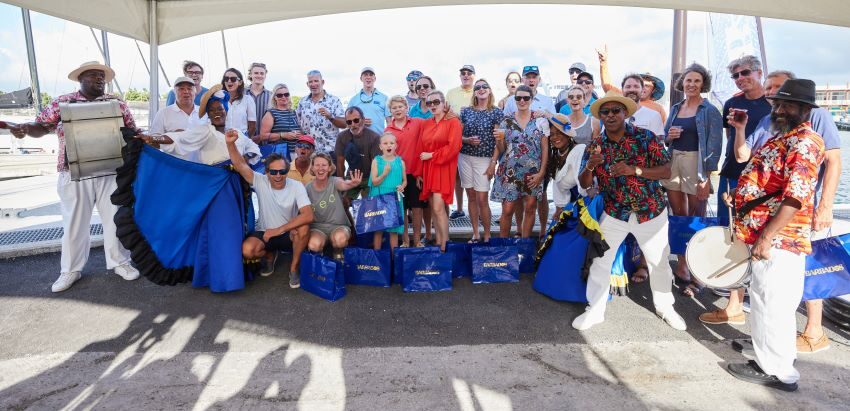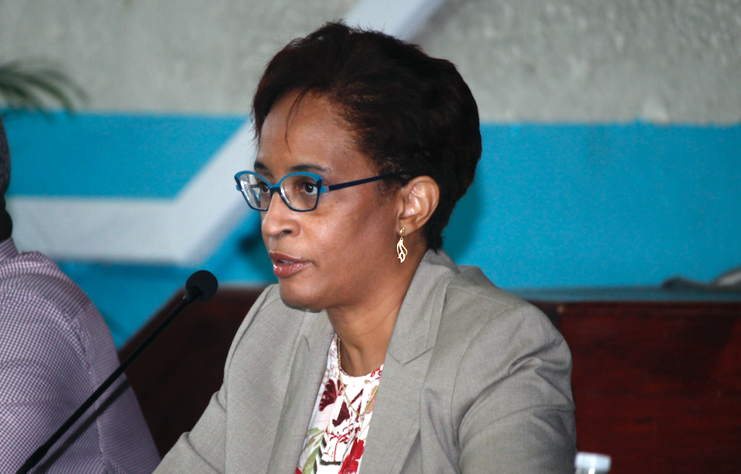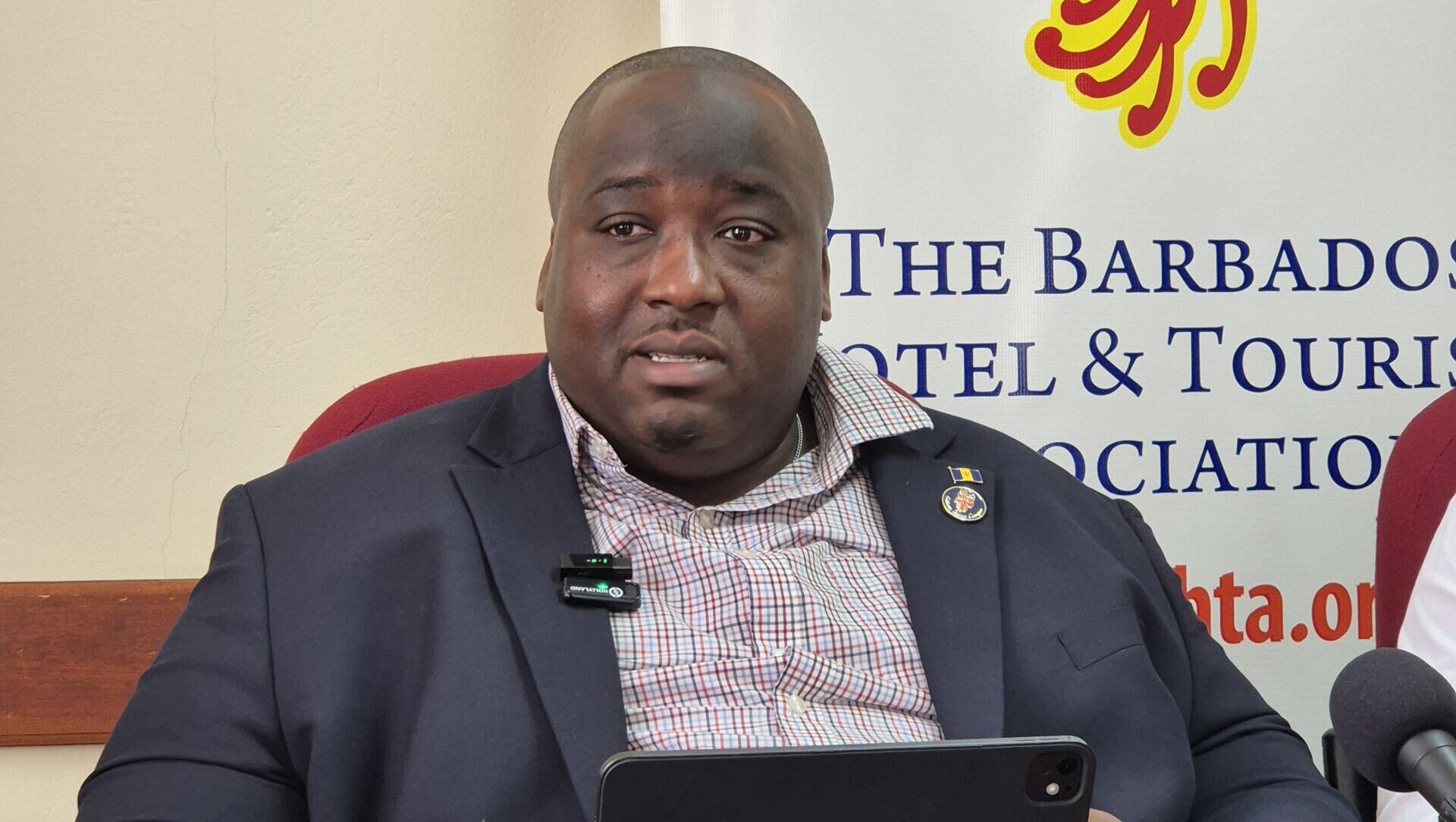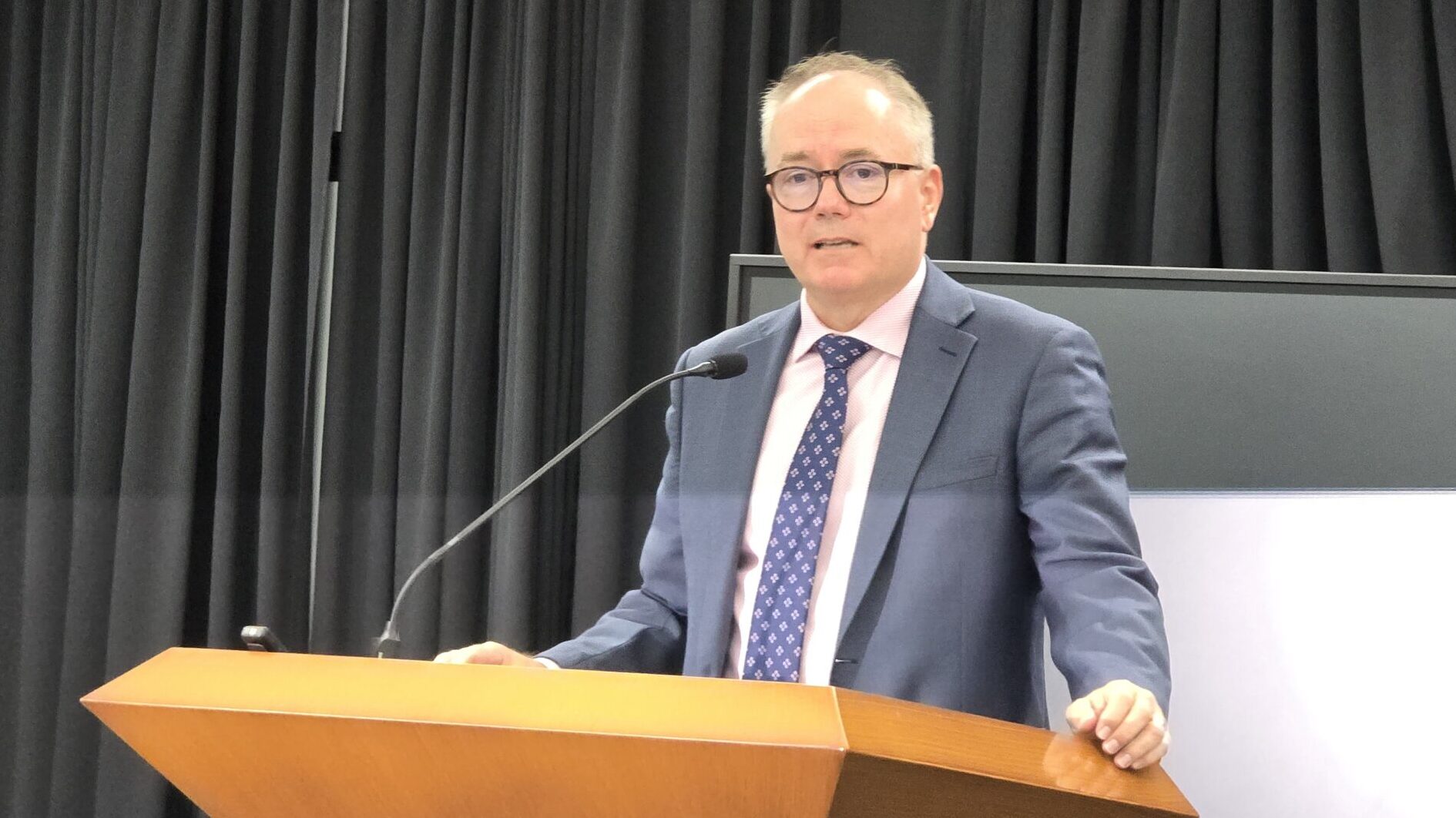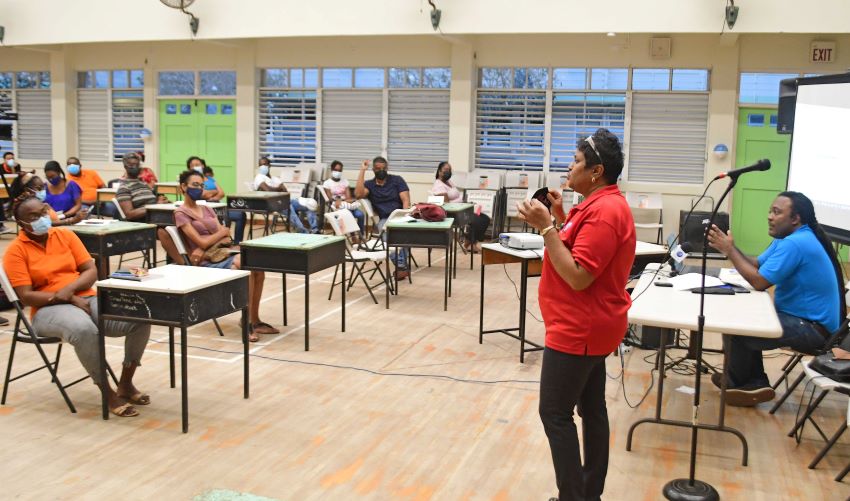As 2025 concluded, Brandon’s Beach in Barbados offered a serene alternative to boisterous celebrations, with families and visitors choosing peaceful reflection over festive revelry. The picturesque shoreline became a backdrop for intimate gatherings emphasizing familial bonds and tranquil contemplation.
Among those savoring the year’s final hours was the Gill family, who established a beachside encampment for an evening of culinary delights and traditional entertainment. Their celebration featured a repertoire of activities including modified dodgeball, creative sand-drawn games, and racquet sports blending modern and Bajan traditions. The family orchestrated a color-coordinated gift exchange before anticipating a symbolic sea immersion to ceremoniously conclude the year.
“Our picnic embodies our celebratory spirit,” a family representative explained. “We’ve prepared macaroni pie, seasoned chicken with rice, and assorted sandwiches. This communal gathering represents our dedication to preserving connections through shared experiences.”
This year-end beach gathering has evolved into an cherished family ritual, complementing their Christmas reunions. “We intentionally converge during these transitional moments,” they noted. “After celebrating Christmas collectively, we determined to reconvene for the year’s culmination.”
Nearby, Horace Bailey, a septuagenarian taxi operator with decades of service, articulated a philosophy of cautious celebration. The 76-year-old transportation veteran elected for domestic tranquility over nocturnal activities, citing safety concerns and visual limitations from modern vehicle headlights.
“By eight this evening, I’ll be securely retired to my residence,” Bailey stated. “At my age, prudence supersedes celebration. My daughter will represent our family’s celebratory spirit abroad tonight.”
Despite increasing competition from ride-sharing services like Uber, Bailey reported consistent annual earnings. “Business remains satisfactory amid transportation evolution,” he commented. “I maintain gratitude for daily provisions whenever cruise ships dock. Divine appreciation accompanies every fare.”
An American first-time visitor simultaneously absorbed the beach’s calming ambiance, expressing immediate affinity for Barbadian hospitality. “The population radiates exceptional warmth,” the tourist observed. “My inaugural Barbados visit continues exceeding expectations with each passing moment.”
